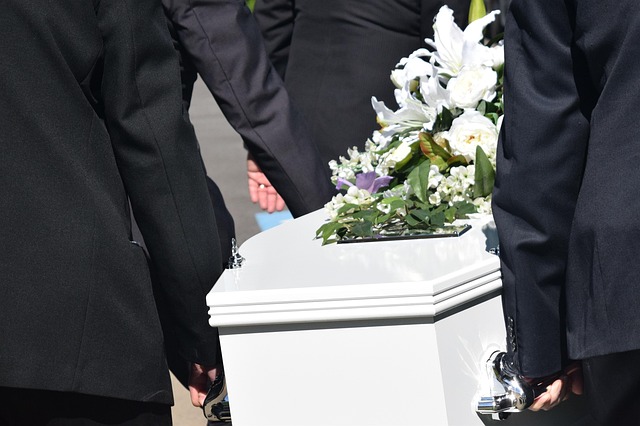Sacred Send-Off: Exploring the Role of Religion in Funeral Ceremonies
A funeral ceremony is more than just a ritual; it serves as a profound expression of grief, remembrance, and the hope of an afterlife. For many cultures and faiths, these ceremonies are imbued with deep religious significance, providing a framework that guides mourners through their loss and helps facilitate healing. The ways in which religion shapes funeral practices can help individuals connect meaningfully with their loved ones and find solace in their shared beliefs.
The Spiritual Connection
In many traditions, the funeral ceremony begins with honoring the deceased’s life and faith. Rituals may involve prayers, hymns, and readings from sacred texts, serving to reaffirm the bonds between the living and the departed. For those who believe in an afterlife, these practices can bring comfort, as they signify the transition from this world to what lies beyond. The rituals often foster a sense of community among mourners, reminding them that they are not alone in their sorrow.
Cultural Variations in Religious Practices
Across the globe, different religions have unique approaches to funeral ceremonies, each reflecting their beliefs about life, death, and the afterlife. For example, in Christianity, funerals may include a mass or service led by a member of the clergy, emphasizing the hope of resurrection. In contrast, Buddhist practices often involve rituals that assist the spirit of the deceased in its journey through the cycles of rebirth. Each tradition not only honors the individual who has passed but also reinforces the faith and values of the community.
The Role of Ritual
Rituals play a crucial role in a funeral ceremony, offering a structured way to navigate the emotional turmoil of loss. They provide a sense of order during a chaotic time, allowing mourners to participate in familiar actions that honor their loved ones while giving voice to their sorrow. From lighting candles in memory of the deceased to sharing stories that celebrate their life, these rituals allow for a communal experience of grief that can be both cathartic and healing.
Finding Meaning in Mourning
For many, the religious aspects of a funeral ceremony help them to find greater meaning in their mourning process. Engaging in religious rituals fosters reflection on life and death, encouraging mourners to contemplate their beliefs and consider their own mortality. This exploration can bring about spiritual growth and a renewed appreciation for life, even in the face of loss.
As we navigate the complexities of grief, the sacred send-off offered by religious funeral ceremonies reminds us of the enduring connections we share with those we have lost. Through these rituals, we honor their legacy and reaffirm our beliefs, creating a space for healing and reflection that can be transformative for all involved.




